Monday at the Snapdragon Summit in Maui, Qualcomm unveiled its new flagship mobile SoC – the Snapdragon 8 Elite – which is powered by the company’s 2nd-gen Oryon CPU cores. Qualcomm flew TechRadar to Maui to check out the latest chips, and I managed to track down some surprises that will soon delight mobile gamers.
During the keynote, Xiaomi announced that its 15 series flagship would be the first phone to ship with the Snapdragon 8 Elite later this month. Honor then revealed that its Magic7 series handsets would also feature Qualcomm’s new mobile chip and launch Oct 30.
ASUS followed suit with the ROG Phone 9, a gaming flagship coming Nov 19 that also packs Qualcomm’s Snapdragon 8 Elite. But unlike the competition, ASUS reps were on hand with its new handset and I got to check it out at the event. While the company wasn’t willing to share any specs or pricing, I was able to handle the new ROG Phone 9 for a few minutes. So here are my brief first impressions.
The ROG Phone 9 looks a lot like the ROG Phone 8
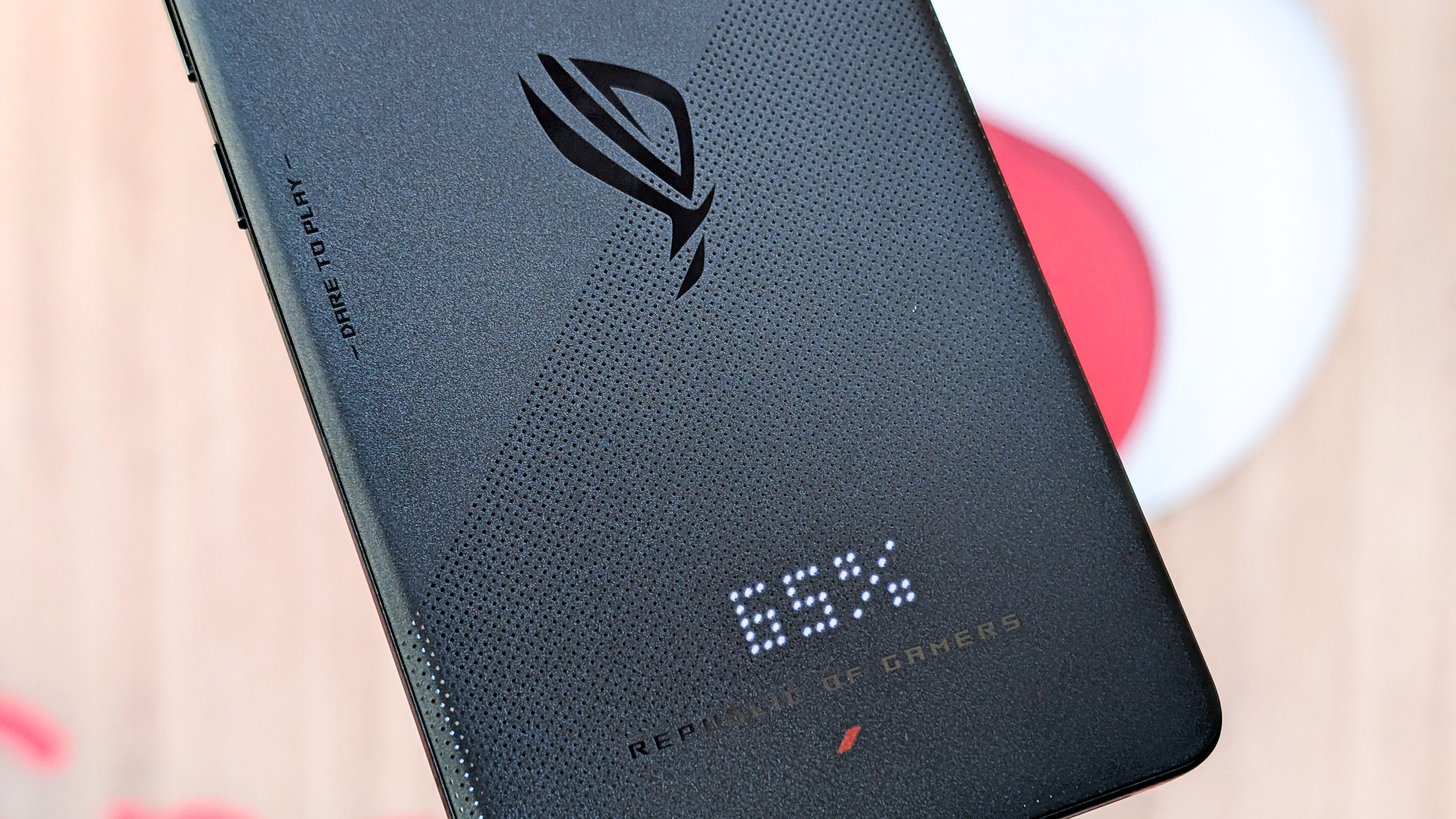
The ROG Phone 9 shares the same industrial design as the ROG Phone 8 Pro ($1,199) that our own Jon Mundy reviewed back in January – down to the camera pod shape and port/button placement. Dimensions are similar, too, but this new phone feels lighter than its predecessor. You’ll find a couple of red accents in the back, alongside a redesigned dot-matrix LED display – which is now positioned horizontally when holding the handset in portrait orientation.
Obviously, under the hood, the big news is Qualcomm’s Snapdragon 8 Elite. ASUS told me that the rest of the ROG Phone 9’s specs should be slightly improved over its predecessor, so I don’t expect too many surprises here. To jog your memory, the ROG Phone 8 series boasts a 6.78-inch 1080p 165Hz AMOLED screen with 2,500 nits peak brightness and an under-display fingerprint sensor. It’s rated IP68 for water and dust resistance.
The ROG Phone 9 should also inherit the ROG Phone 8 series’ shooters, which include a 50MP f/1.9 main sensor with PDAF and gimbal OIS, and 32MP f/2.4 3x telephoto with PDAF and OIS, and a 13MP f/2.2 120-degree ultrawide. A 32MP f/2.5 selfie camera rounds things up in front. In terms of battery power, the ROG Phone 8 series comes with a 5,500mAh dual-cell battery and 65W wired charging plus 15W wireless charging.
You also get stereo speakers, a 3.5mm headphone jack, and dual USB Type-C ports (one along the bottom edge and another on the left side). This allows you to charge the phone while holding it in landscape orientation without the cable getting in the way. On the memory front, the ROG Phone 8 series offers 12GB, 16GB, or 24GB of LPDDR5x RAM, and 256GB, 512GB, or 1TB of UFS 4.0 storage. There’s no expandable storage.
My ROG Phone 9 specs prediction: a little bit more
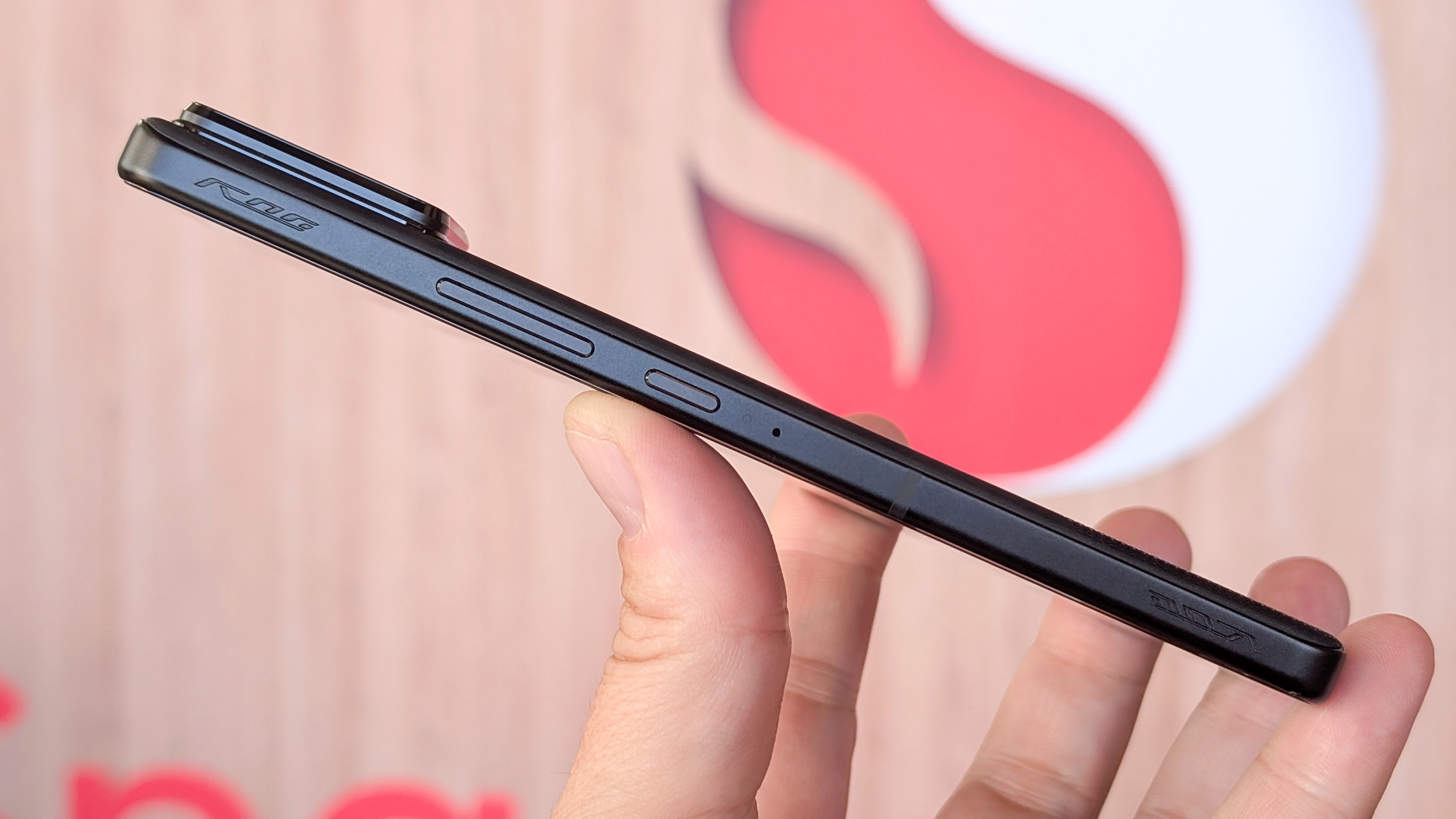
I figure that the ROG Phone 8 Pro specs above will carry over to the ROG Phone 9 mostly unchanged – especially the cameras, which look identical. A better ultrawide shooter (with AF) would be nice, but that’s a long shot considering this is a gaming handset. If anything, the AMOLED display might get upgraded to a brighter panel, and the dual-cell battery might get a bump up to 6000mAh, but that’s basically it.
Overall, I really liked what I saw during my brief time with the ASUS ROG Phone 9. This gaming phone feels great in hand, is evenly balanced, and is well made – just like its predecessor. But it also seems more refined than the ASUS ROG Phone 8 Pro. And while I didn’t get a chance to play any games, navigating the UI was smooth as butter, and the AMOLED screen was super clear, even under the intense Hawaiian sunlight.
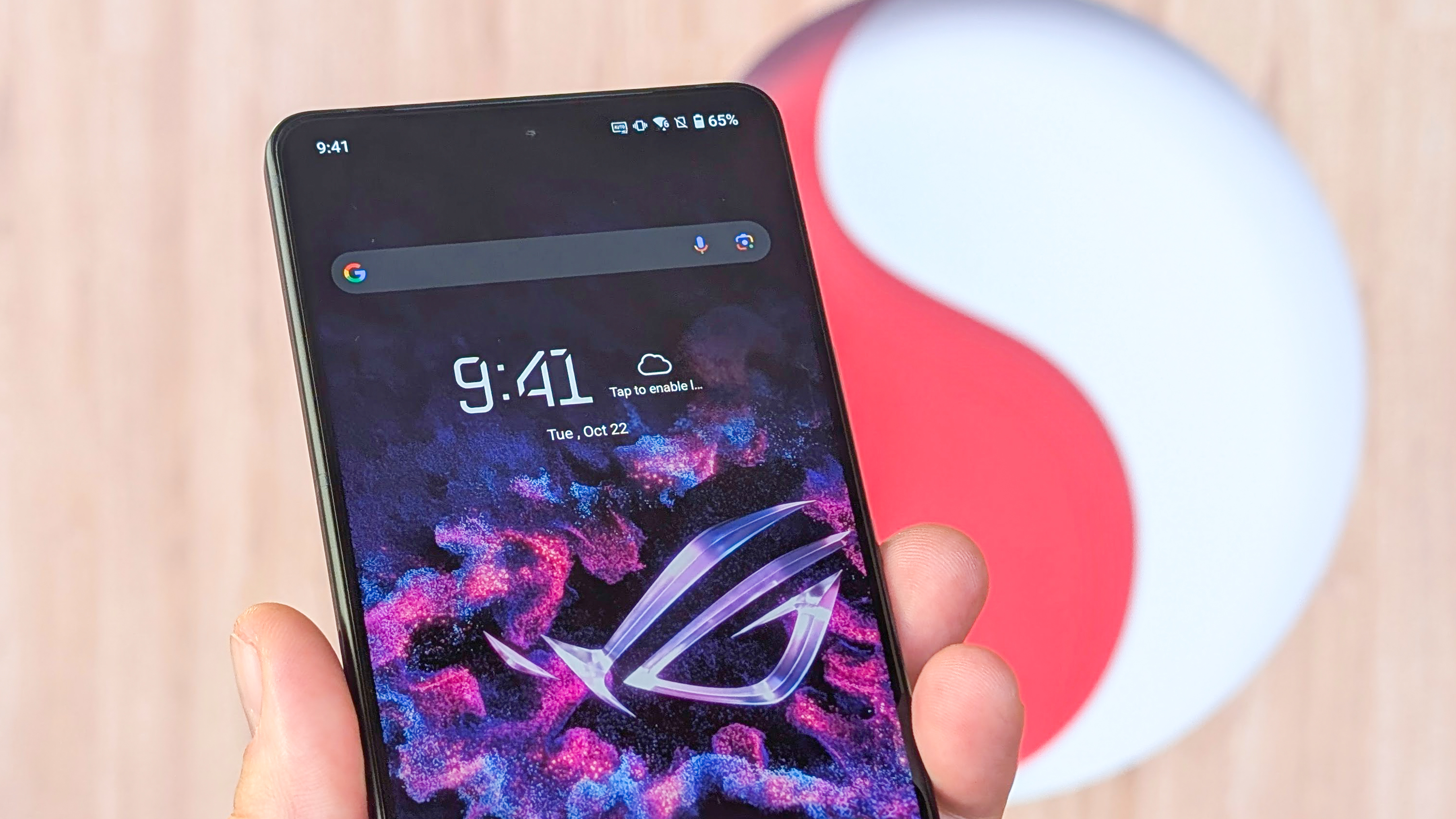
Qualcomm claims that the Snapdragon 8 Elite improves gaming performance by up to 40% while delivering better thermals and battery life. So, with a speedy new chip under the hood, equal or better specs than its predecessor, and a similar design, the ROG Phone 9 is shaping up to be quite the gaming powerhouse when it arrives on Nov 19. Stay tuned for final specs and pricing, and expect a full review as soon as we’ve had a chance to test this phone and run it through Future Labs.










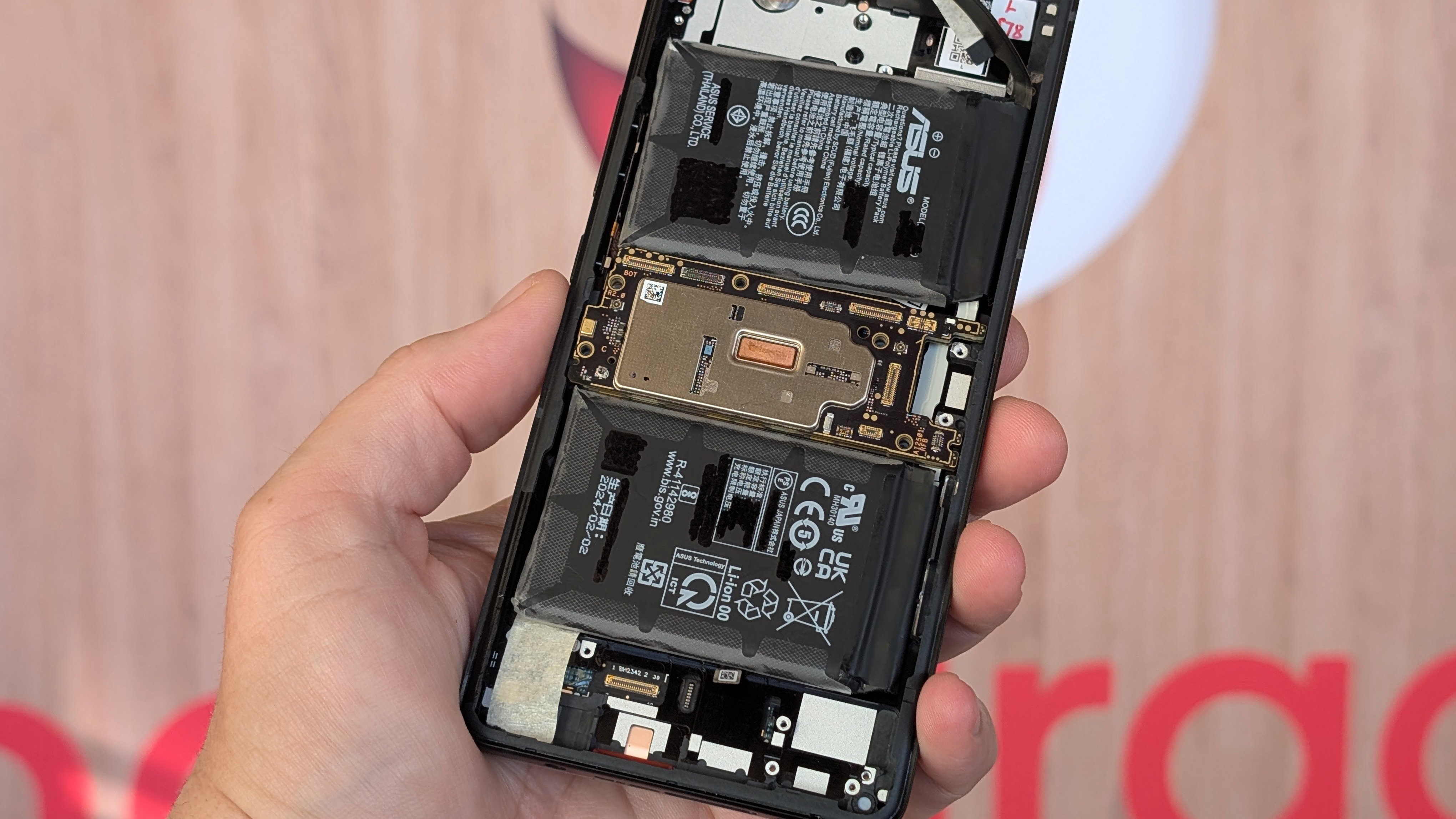
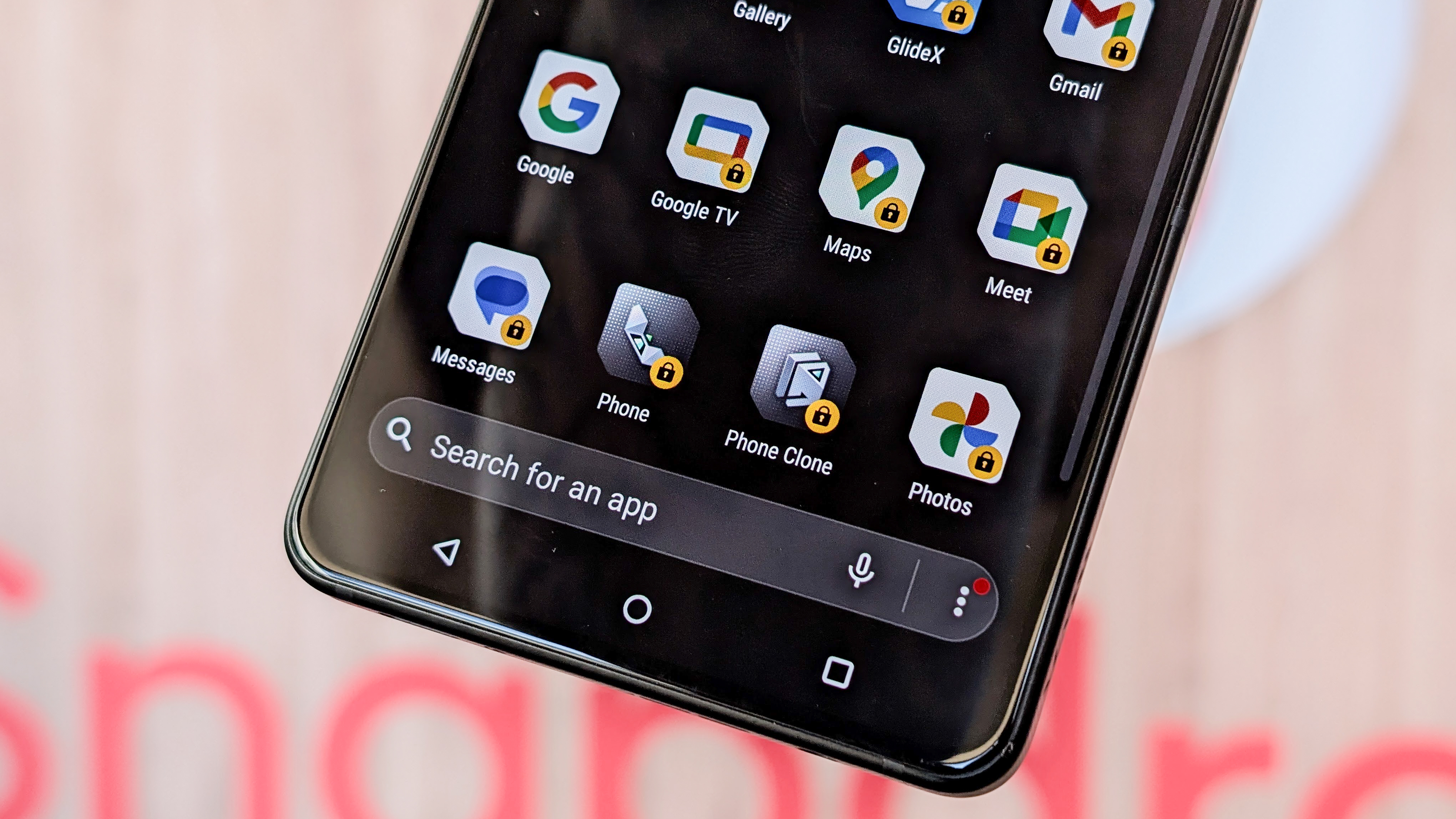
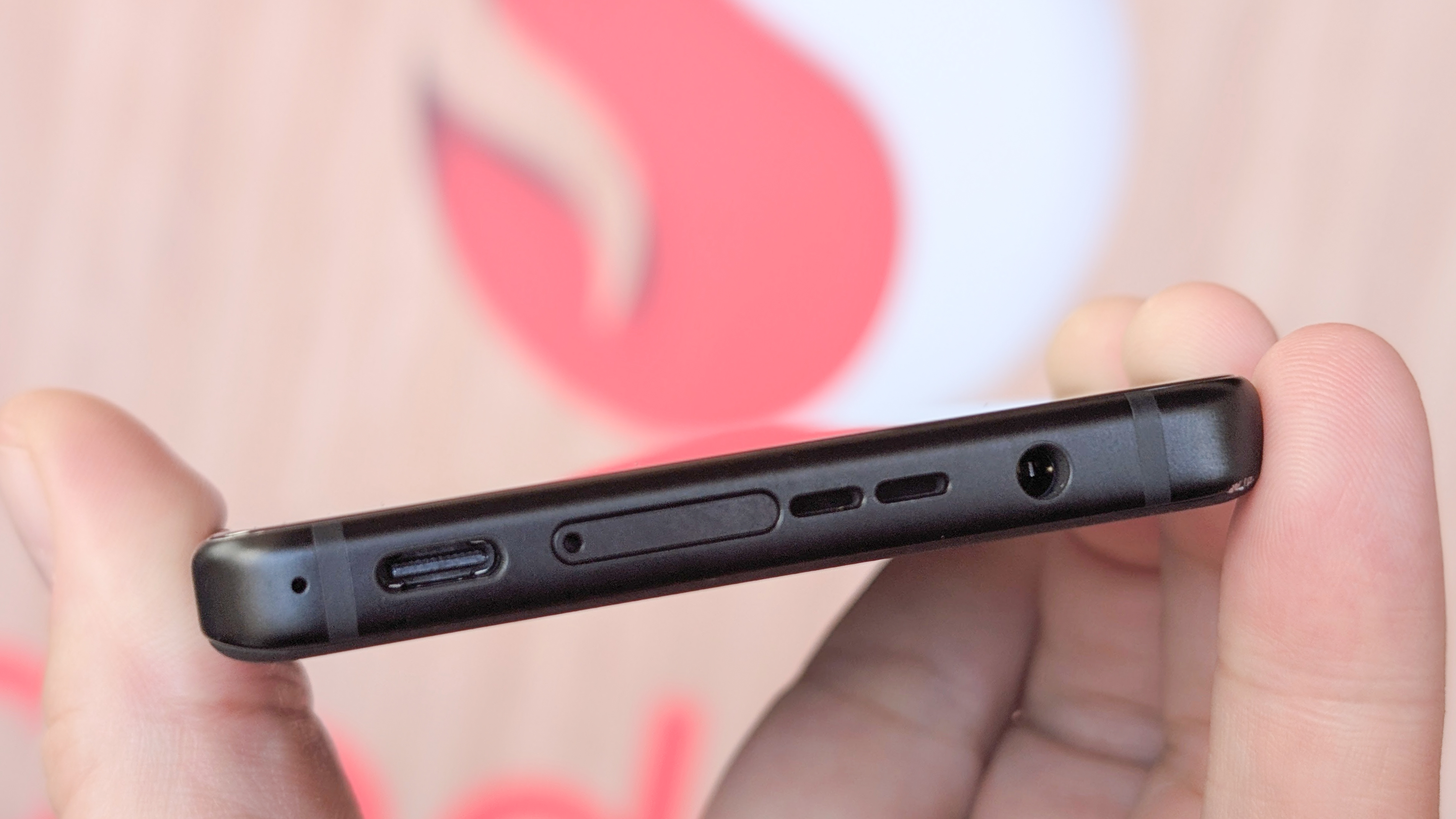
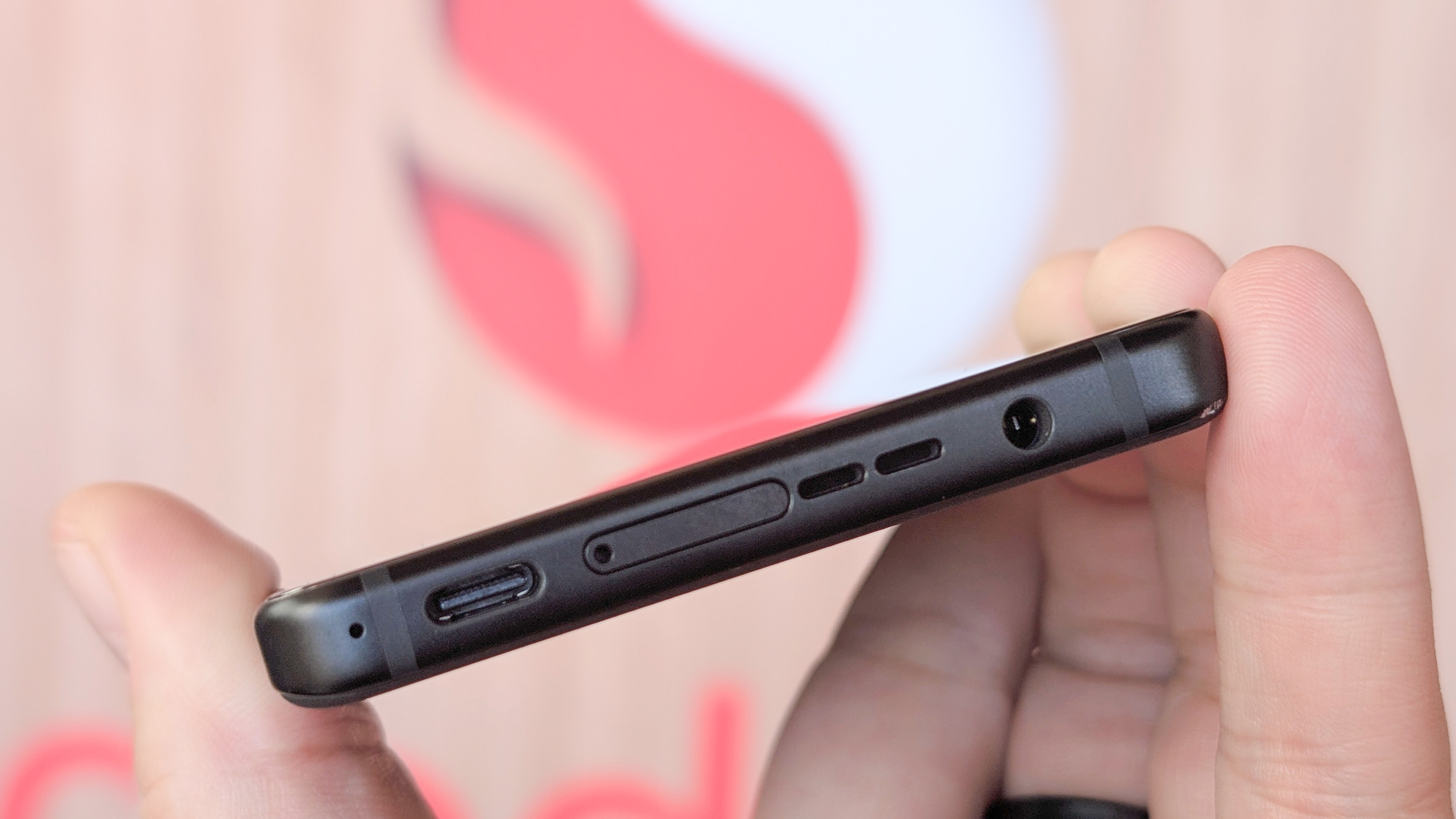
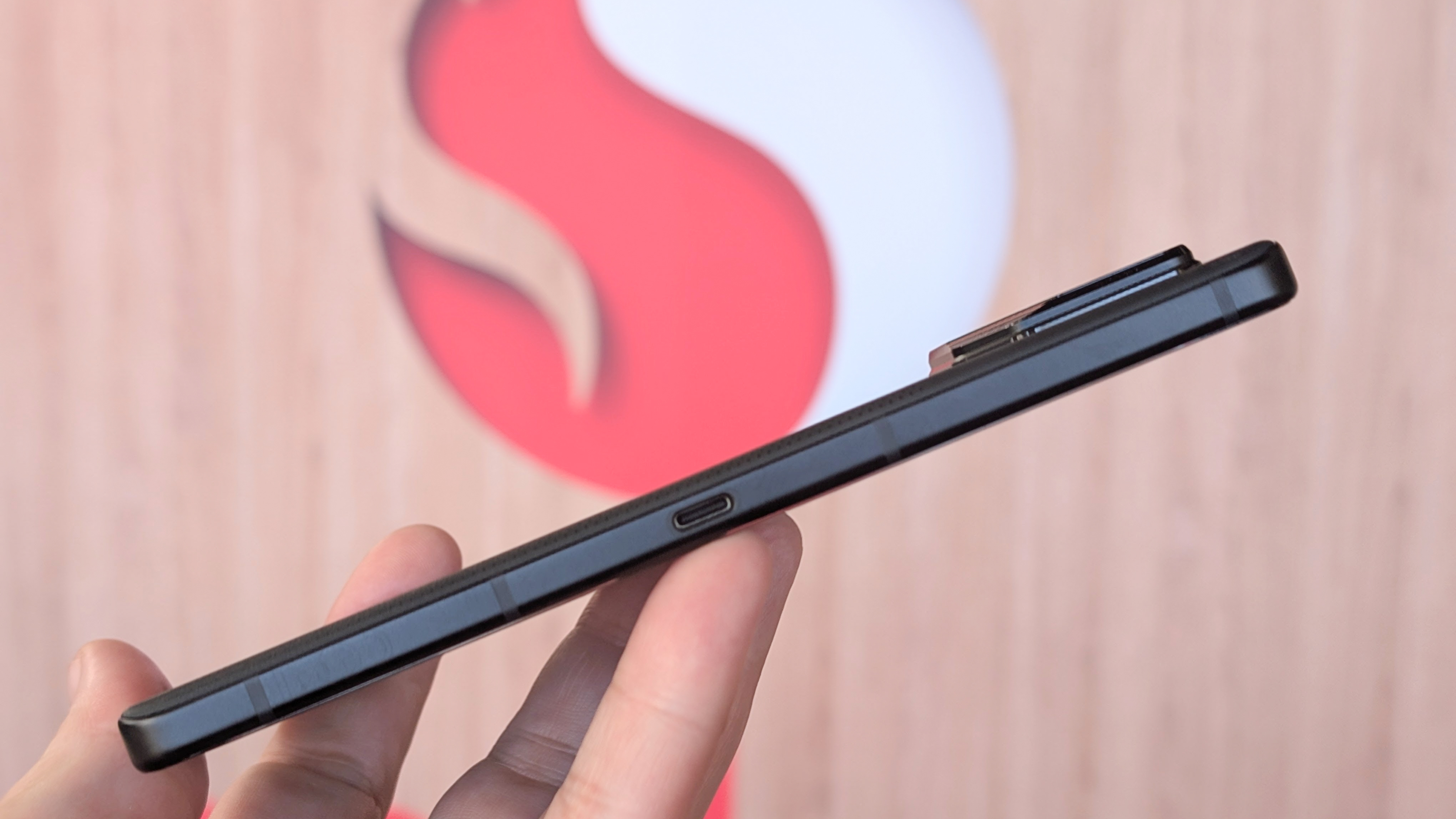
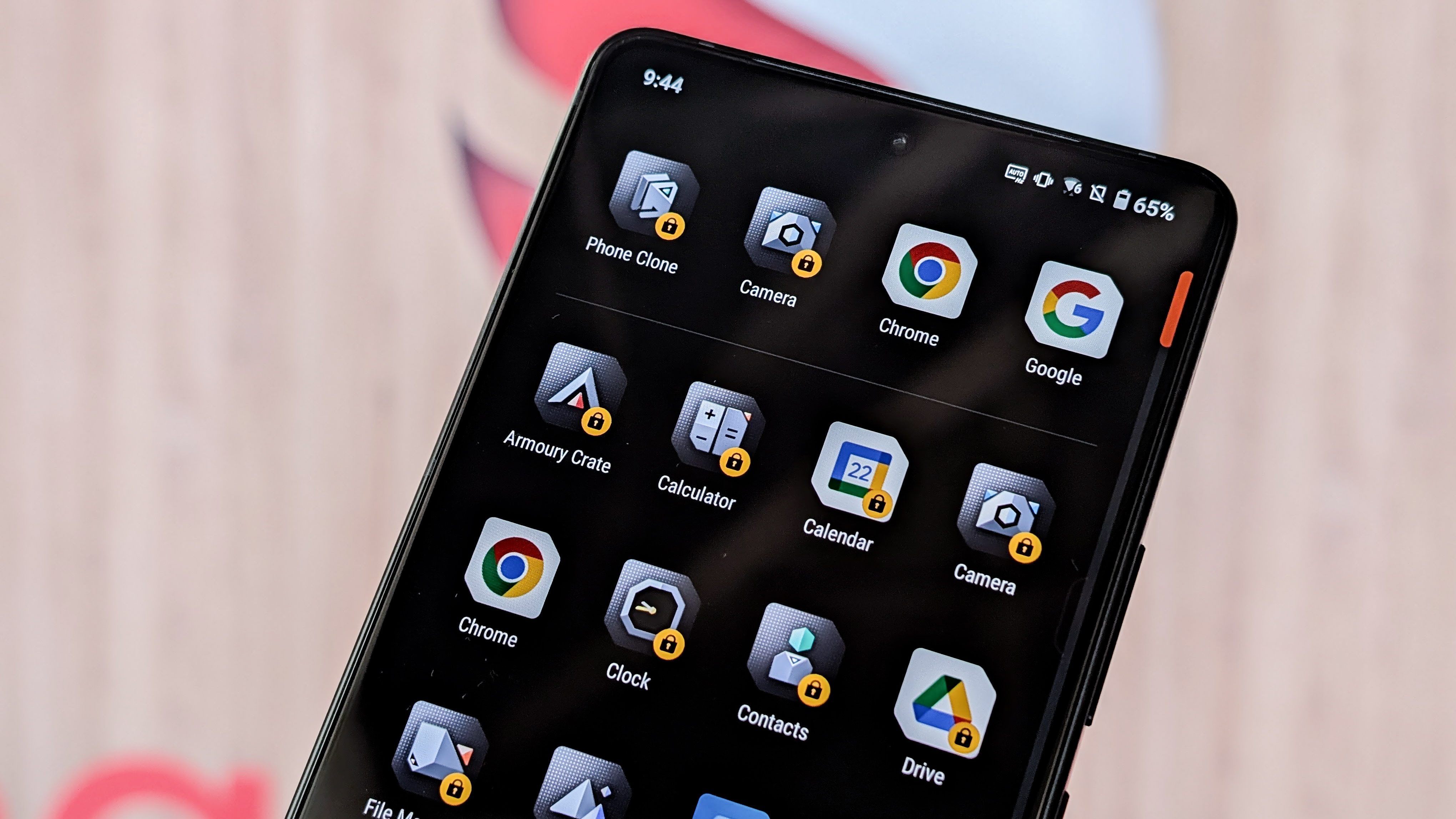
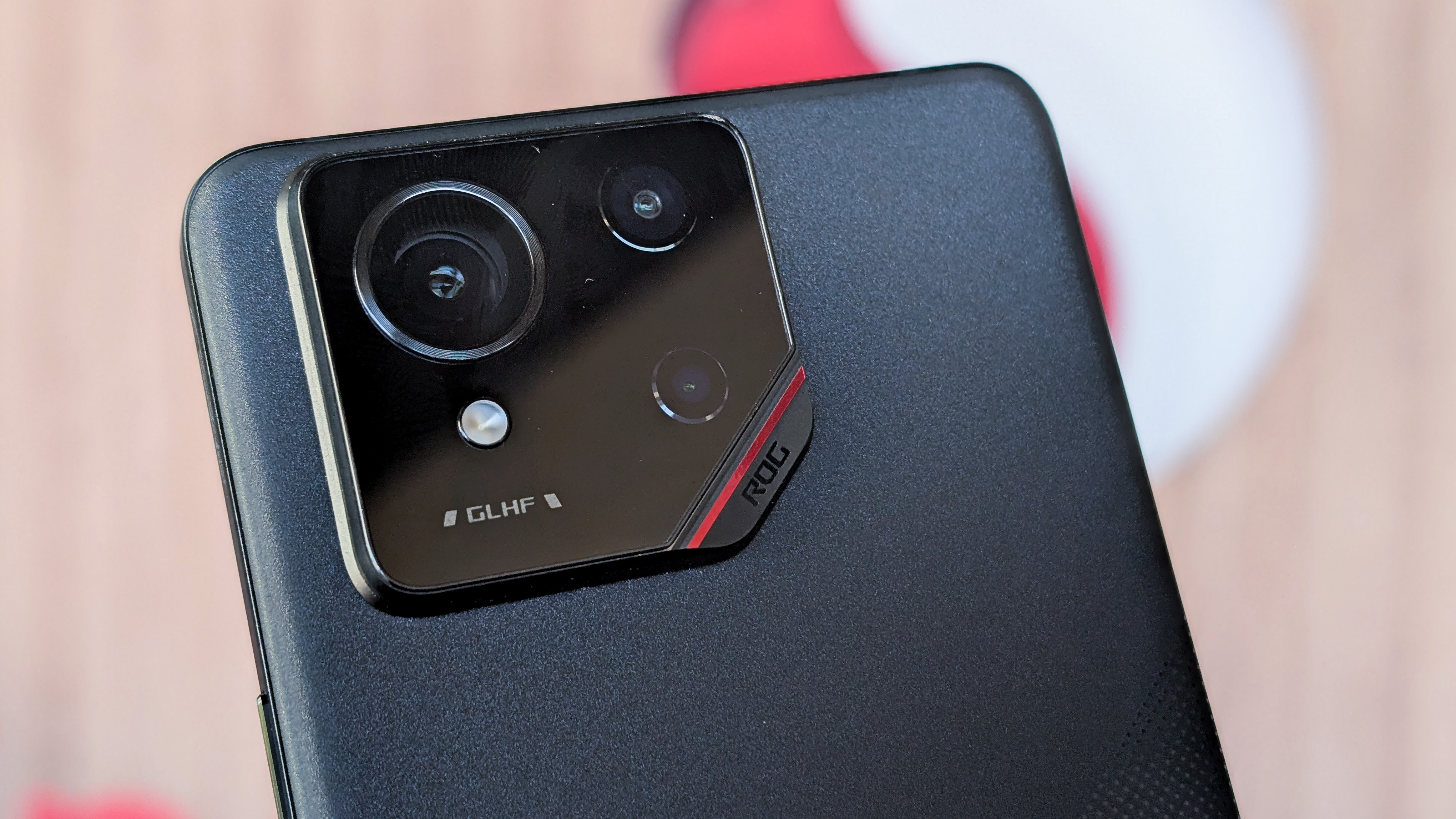










+ There are no comments
Add yours